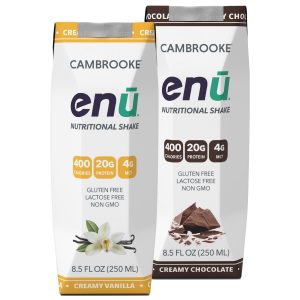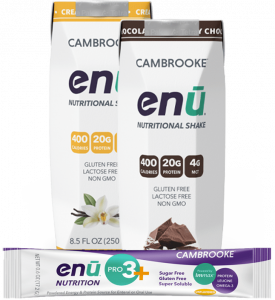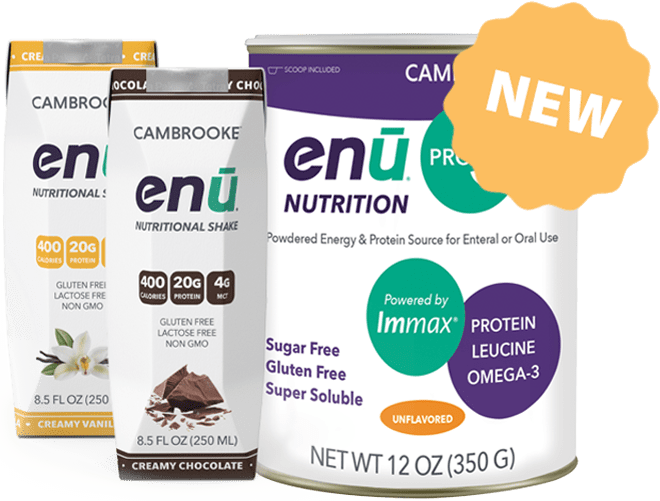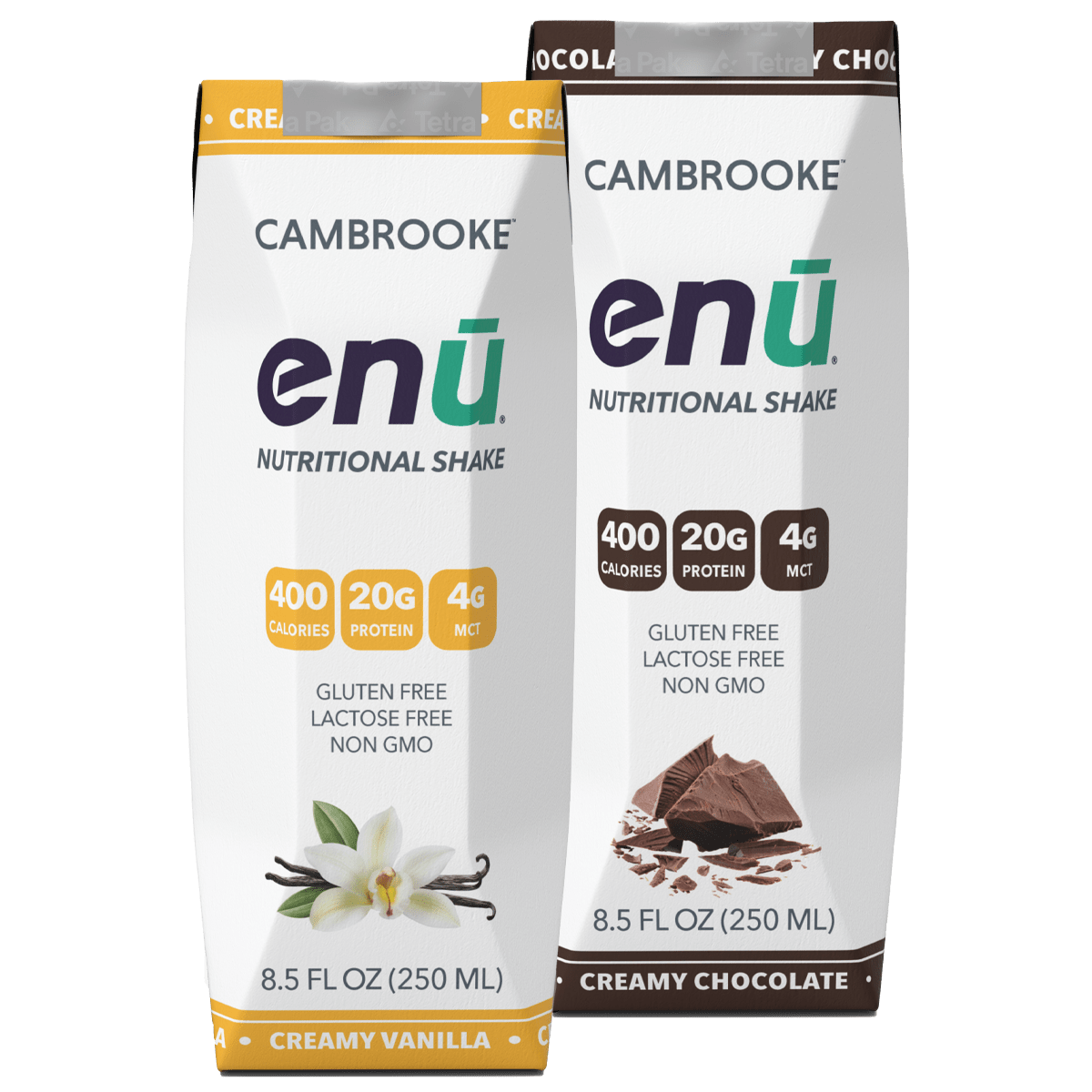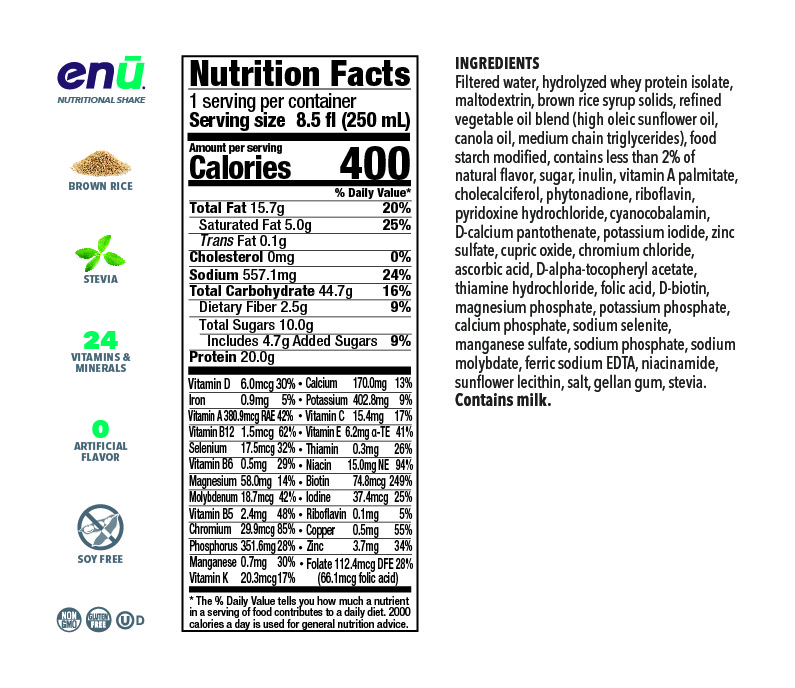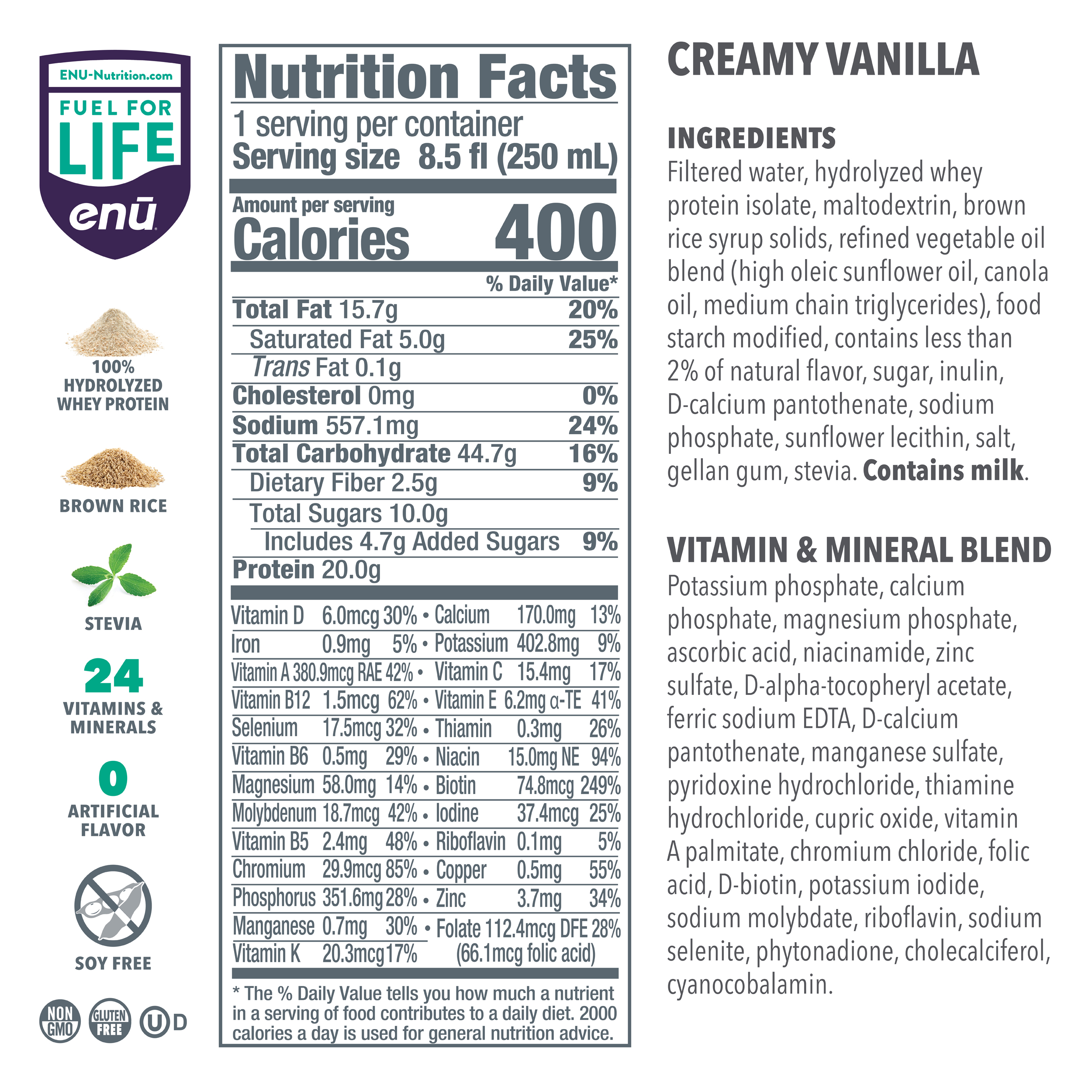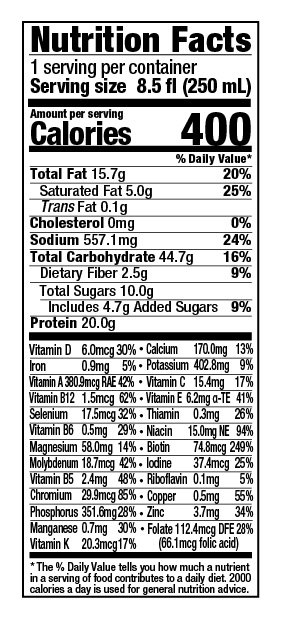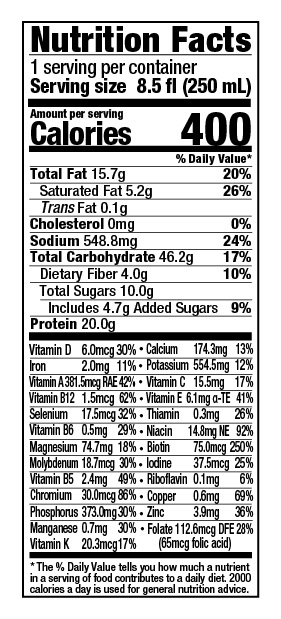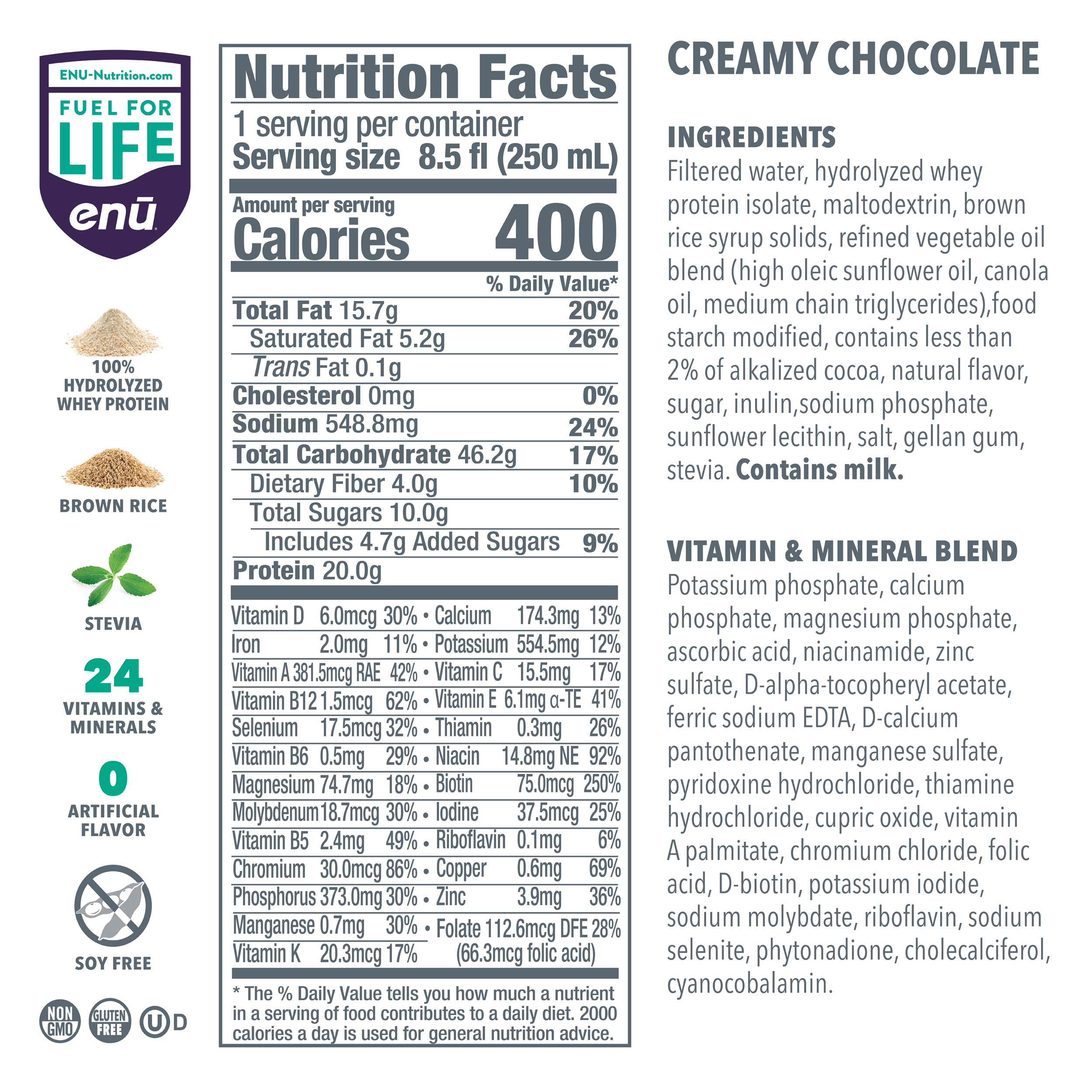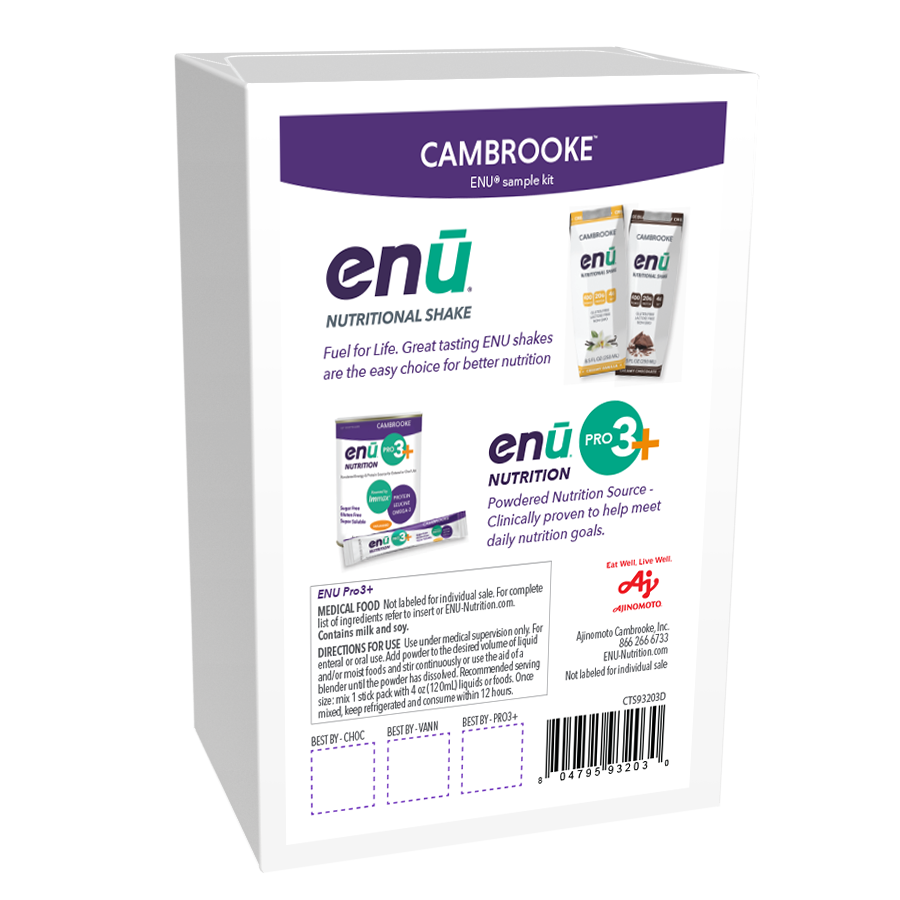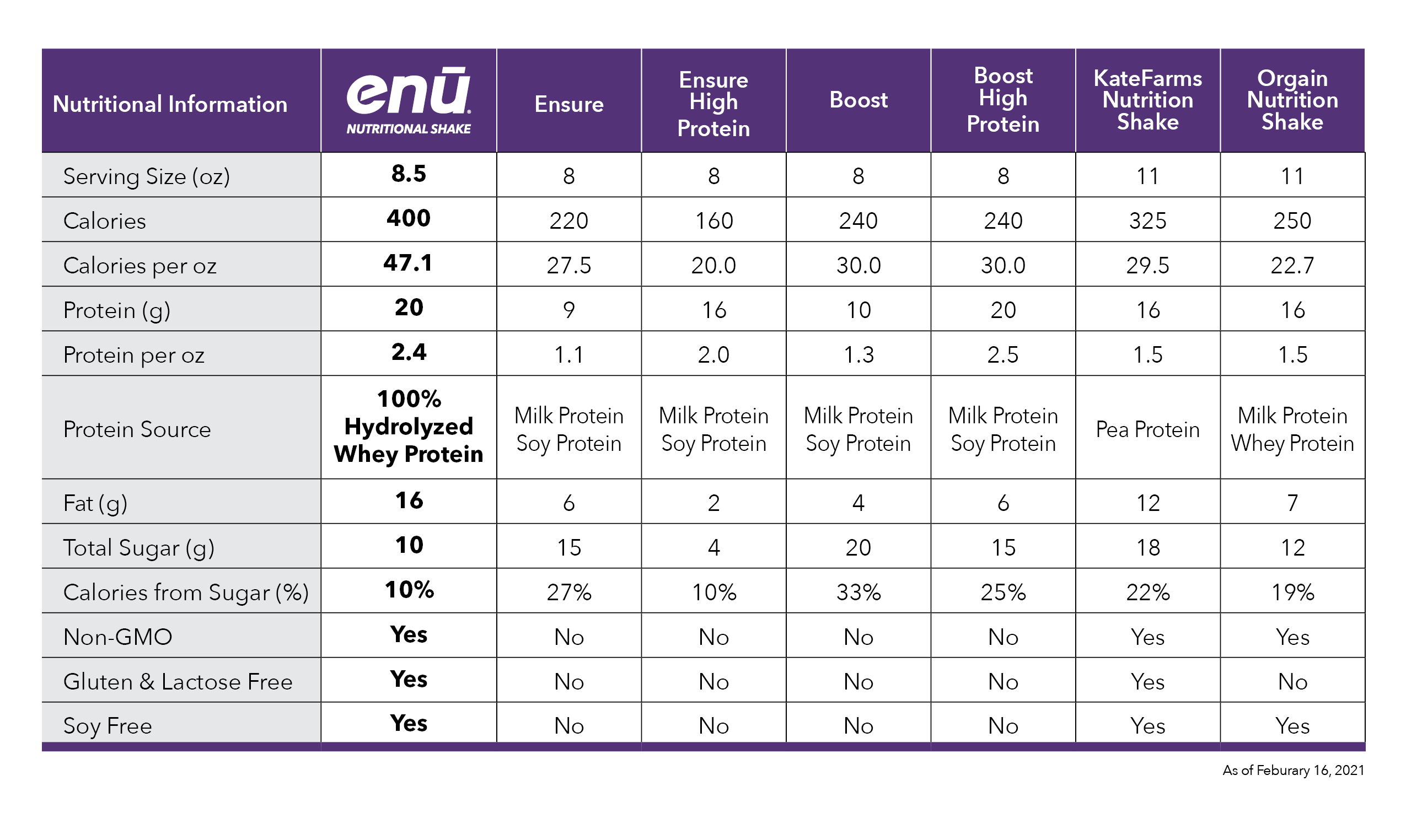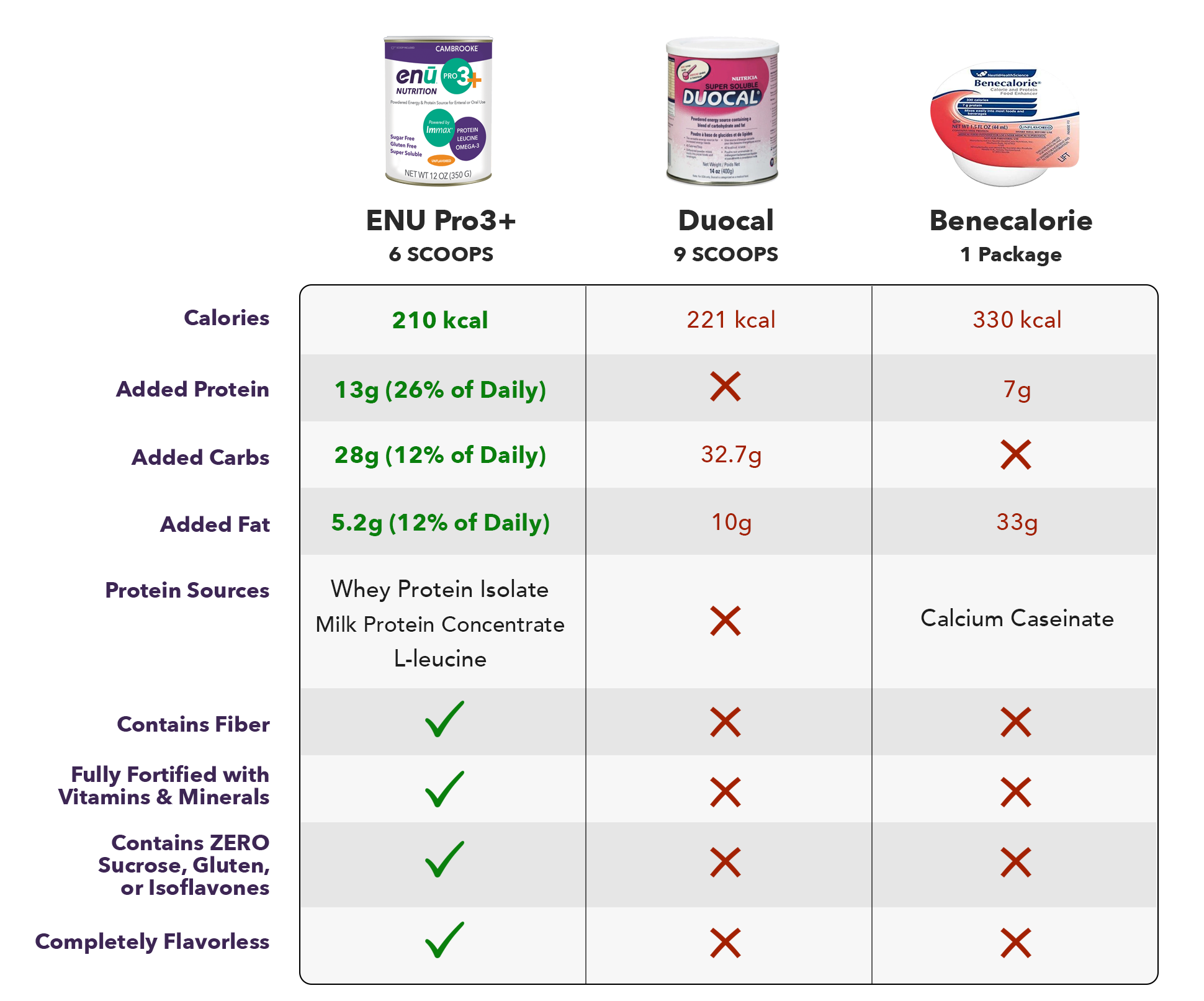
Get a FREE
ENU Intro Pack*
*Just Pay $2.00 Shipping
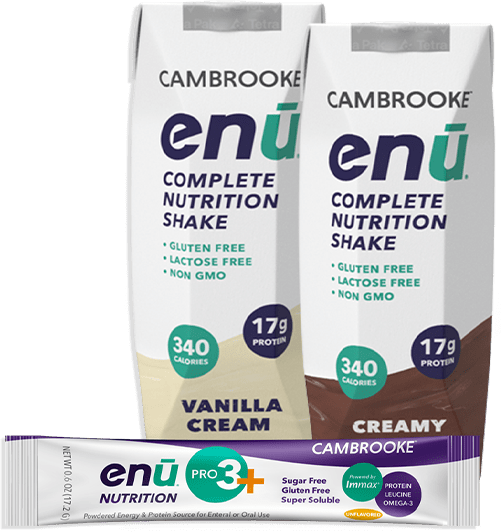
What Helps Loss of Appetite During Chemo?
Cancer patients are often forced to contend with much more than just this deadly disease; they also face a host of side effects stemming from the treatments for cancer, some of which are merely unpleasant, and some of which can prove debilitating. Chemotherapy is likely the most common cancer treatment used today, but it’s also the most fraught with complications because it’s a systemic procedure, meaning that it affects the whole body. As the toxic chemo drugs circulate throughout the patient’s various systems, they wreak havoc on otherwise healthy tissue, leading to many of the destructive effects that plague cancer patients around the world. One of the more troubling side effects of chemo – and one of the more difficult to treat – is a loss of appetite, which is often complicated by symptoms like nausea, fatigue, or oral mucositis. So, what helps the loss of appetite patients experience during chemo? To find out, keep reading as the people at ENU provide some answers.
Managing Side Effects That Cause Loss of Appetite During Chemotherapy
Though there are many ways to tackle the loss of appetite caused by chemotherapy, the methods of doing so generally fall into one of three categories: managing side effects, adapting your habits, or seeking medical intervention. We’ll focus on the first of these approaches for now; below, you’ll find a few of the ways you can tackle some of the appetite-killing side effects of chemotherapy.
Avoid Strong Smells
Many patients report chronic nausea throughout the course of their chemotherapy treatments, though the magnitude of queasiness can vary from person to person. If you find yourself feeling sick when hit with a strong smell, try to cook foods without much of an odor. Look for dishes that can be served cold, as heat often contributes to a food’s scent. Alternately, you could look for liquid nutritional supplements for cancer patients and other products that can be consumed through a straw, which will provide some distance between your face and the food.
Practice Good Oral Hygiene
It may sound elementary, but maintaining good oral hygiene practices is an important part of managing the side effects of your chemotherapy. Many of the ailments that appear are linked to oral health, such as mouth sores and changes in taste; taking steps like using a soft-bristled toothbrush and rinsing your mouth out regularly with salt water can help prevent infections and mitigate some of the side effects that might be affecting your taste or appetite.
Season Food to Taste
This might take a bit of experimentation, but try adjusting the taste of your food with seasoning to compensate for any changes in your sense of taste. Often, patients report issues with a very specific aspect of taste, such as salty things tasting sour or sweet foods tasting bitter. Learn what flavors trigger a bad taste and avoid them by planning your meals in advance and using seasonings to circumvent any unpleasant changes in taste.
Adapt Your Eating Habits During Chemotherapy
If you’re having trouble managing your appetite-related side effects or have a general loss of appetite without an obvious cause, changing your habits and adapting to your body’s whims can help to boost your daily calorie intake; a few tips for how to do so can be found below.
Eat When You’re Hungry
Painfully obvious as it might sound, adjusting your eating schedule around how you feel can be an effective way to eat more. Forget about the standard three-meals-a-day model; try eating smaller, more frequent meals throughout the day, and tailor your schedule to when your appetite is most active. Some patients are significantly hungrier in the morning, for instance, in which case a big breakfast would be ideal. Regardless of when it show up, make sure you’re prepared to take advantage of what little hunger you have left.
Avoid Drinking with Meals
Liquids have a habit of making us feel full, so if you’re struggling to eat enough food at mealtimes, try to abstain from drinking anything while eating. If you find yourself in need of hydration, focus on consuming plenty of water between meals, rather than when you sit down for lunch, dinner, or even a snack.
Aim for Calorie-Dense Foods
When eating the proper amount of food becomes a problem, one solution is to prioritize calorie-dense foods. Milkshakes are one common example, though weight management shakes for cancer patients represent a more balanced, nutritious option. While you should try to get as many nutrients as you can in your diet (especially protein), the main concern is often whether you’re getting enough calories each day. If you cook your meals, adding fatty substances like oils, butter, or condiments can help improve calorie intake as well.
Medical Intervention for Appetite Loss During Chemo
If home remedies and revised meal plans fail to address your loss of appetite, it may be time to talk to you oncologist, dietician, or cancer care team. While the medical options for treating chemo side effects are often limited, your healthcare provider may be able to adjust your dosage or treatment schedule to improve your appetite, or they might look for an alternate medication with fewer side effects. There are also some medicines – steroids, hormones, and anti-nausea drugs, to name a few – that might be helpful as well. If your loss of appetite becomes a serious issue or you begin losing weight, contact your doctor right away.
Convenient, Balanced Nutrition Shakes for Chemotherapy Patients Suffering From Appetite Loss
Consuming enough of the nutrients your body needs – the protein, carbs, fats, vitamins, and minerals that keep your system functioning smoothly – is all the more important if you’re battling a serious illness, but maintaining a healthy diet through nausea, mucositis, depression, fatigue, and the many other side effects of chemo can be next to impossible. Meal replacement shakes from ENU can help, though; each carton contains a balanced mix of essential nutrients derived from natural sources, and they’re 400 calories each. If you or someone you know is struggling with a loss of appetite during chemotherapy, a nutritional shake might be the answer; find out more by visiting ENU online or calling (855) 266-6733 today.
